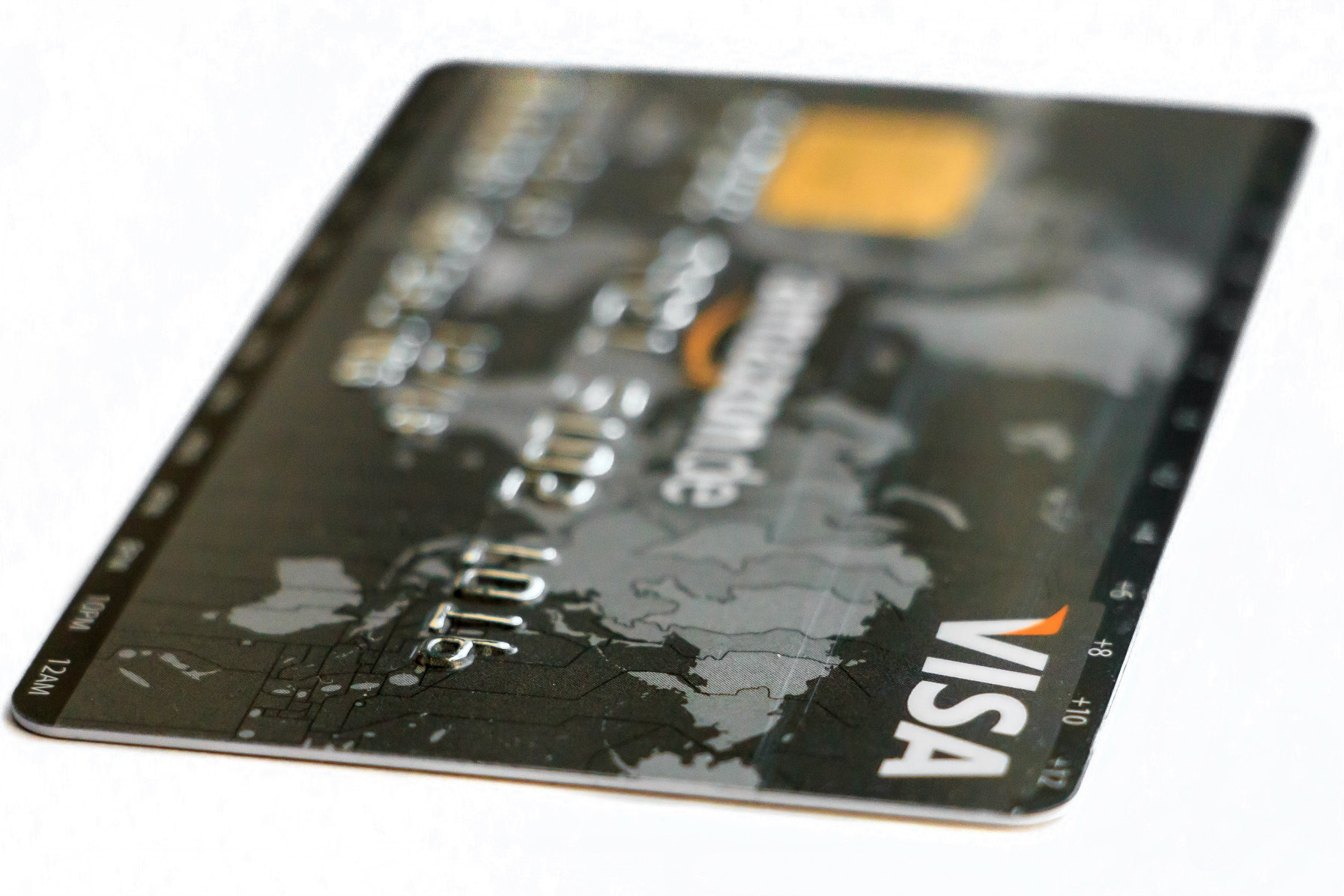The Federal Reserve recently ruled that, by using EMV technology to steer debit card transactions to its own processing network, Visa is violating the law.
In 2010, Congress passed debit-card reform legislation saying that merchants must be allowed to choose between at least two unaffiliated networks for processing these sales.
During a transaction, many new credit/debit card readers present consumers with a screen prompting them to choose between “Visa Debit” and “U.S. Debit.” Selecting Visa Debit routes the transaction over a network owned by Visa and typically requires consumers to sign their names. If U.S. Debit is chosen, it is routed to a processing network preferred by the merchant. Consumers then must then complete the transaction by using their PIN.
“Such a [practice] is not compliant … because it prevents the merchant from directing the routing of electronic debit transactions,” said the Fed.
The National Retail Federation also takes issue with this practice, saying it steers transactions toward the Visa network because the Visa name is so recognizable. The group also claimed that higher fees charged by Visa ultimately will be passed along to consumers, and that use of a PIN from the U.S. Debit option is more secure than merely requiring a signature, as with the Visa Debit option.
The NRF and seven other retail groups penned a letter to Visa CEO Charles W. Scharf seeking to find out what the corporation plans to do in response to the Fed’s declaration.
“We think retailers should be allowed to choose the processor who provides the best value and offers their customers the best protections, and so did Congress when it passed the law giving retailers that right,” said Mallory Duncan, senior vice president and general counsel for the NRF.
“We want Visa to obey the law.”


